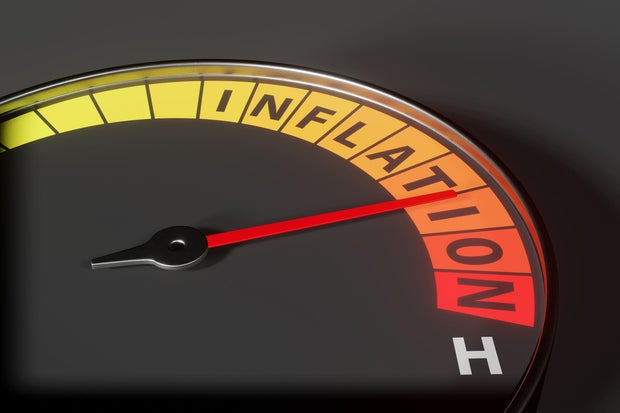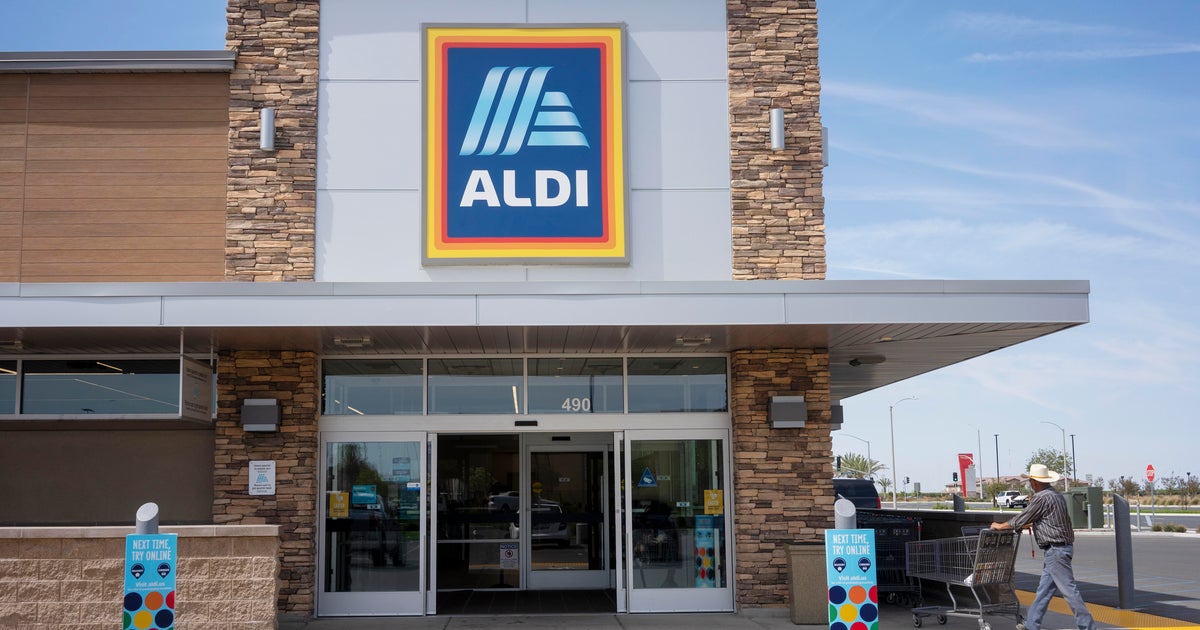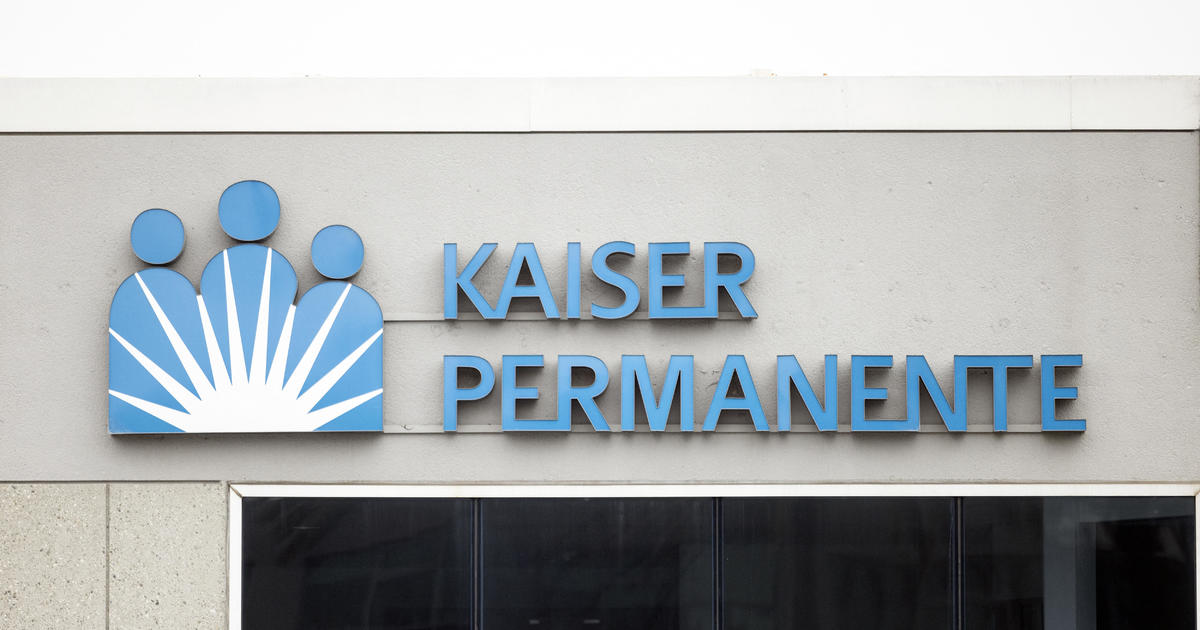Debt consolidation loan vs. debt consolidation program: Which is better with inflation rising again?
Inflation is once again on the rise, with January's Consumer Price Index showing an increase to 3%, up from 2.9% in December and 2.7% in November. While these numbers might seem small, they add up over time, putting more and more pressure on household budgets. And, as the cost of everything from groceries to gas climbs, so do the interest rates on credit cards and other types of borrowing products.
One way to get ahead of these types of rising costs is to eliminate your high-rate debt as soon as possible. Credit card debt, in particular, tends to become a bigger burden when inflation is high, as the high rates these borrowing tools come with can climb even higher in response to policies aimed at controlling inflation. So, if you're carrying a balance, you could find yourself paying significantly more each month just in interest. Luckily, there are several strategies to reduce your debt, and one of the most effective is debt consolidation.
Debt consolidation can be done in two main ways: through a debt consolidation loan or a debt consolidation program. A debt consolidation loan is a personal loan taken out to pay off existing debts, leaving you with one fixed monthly payment and, ideally, a lower interest rate. On the other hand, a debt consolidation program is offered by a debt relief company, which works with third-party lenders that specialize in helping borrowers with minor credit issues.
While both options aim to streamline your payments and lower your overall costs, and one may be a better choice than the other now that inflation is rising, though it depends heavily on your financial situation.
Find out more about your debt relief options online now.
Why a debt consolidation loan may be better with inflation rising again
With inflation increasing, a debt consolidation loan can be a great option — though it will likely work best for those who have a decent credit score and stable income. These loans typically come with fixed interest rates, which means that even if inflation continues to rise, your payments will remain steady. This predictability can be a big advantage in an uncertain economic climate.
Debt consolidation loans generally have lower interest rates than credit cards, especially for borrowers with good credit. While the average credit card interest rate is closing in on 23%, personal loans used for debt consolidation have rates in the 12% range — or even lower for highly qualified applicants. This means you could potentially save thousands of dollars in interest over time.
However, the best debt consolidation loan rates are typically offered to well-qualified borrowers. So, if you have some blemishes on your credit, you could end up paying more to take this route, especially if interest rates increase on the back of this most recent uptick in inflation.
Another key benefit of a debt consolidation loan is that you maintain direct control over your finances. Unlike a debt consolidation program, which requires you to work with a third-party lender through a debt relief company, a loan puts you in charge of repaying your lender directly. This allows for greater flexibility if you want to make extra payments or pay off your loan early.
Learn about the benefits of a debt consolidation program today.
Why a debt consolidation program may be better with inflation rising again
If you have a lower credit score or struggle to qualify for a traditional debt consolidation loan, a debt consolidation program may be the better option now. These programs are designed for people who need help managing their debt but might not meet the strict credit requirements of a debt consolidation loan.
One of the biggest advantages of a debt consolidation program is that it offers access to lenders who are more willing to work with borrowers who have minor credit issues. These third-party lenders understand the challenges of managing debt and provide financing solutions that may not be available through traditional banks or credit unions.
And while rates on debt consolidation loans through a debt consolidation program may be slightly higher on average to account for the higher lending risk, they're still generally lower than the rates that credit cards offer currently. And, with the risk that card rates could rise now that inflation is ticking back up, utilizing one of these programs can help you save significantly on interest charges.
Another benefit is that these programs often include financial counseling and structured repayment plans, helping you stay on track with your payments. This added support can be crucial if you've struggled with managing multiple debts in the past.
The bottom line
With inflation climbing again, now is the time to take action against your high-rate debt. Both debt consolidation loans or debt consolidation programs can be smart options in today's inflationary environment, but which one is the better choice depends heavily on your individual financial situation. If you have good credit and stable income, a fixed-rate debt consolidation loan can provide predictable payments and significant interest savings. However, if your credit score isn't strong enough to qualify for a competitive loan, a debt consolidation program can offer access to financing and structured repayment support.






